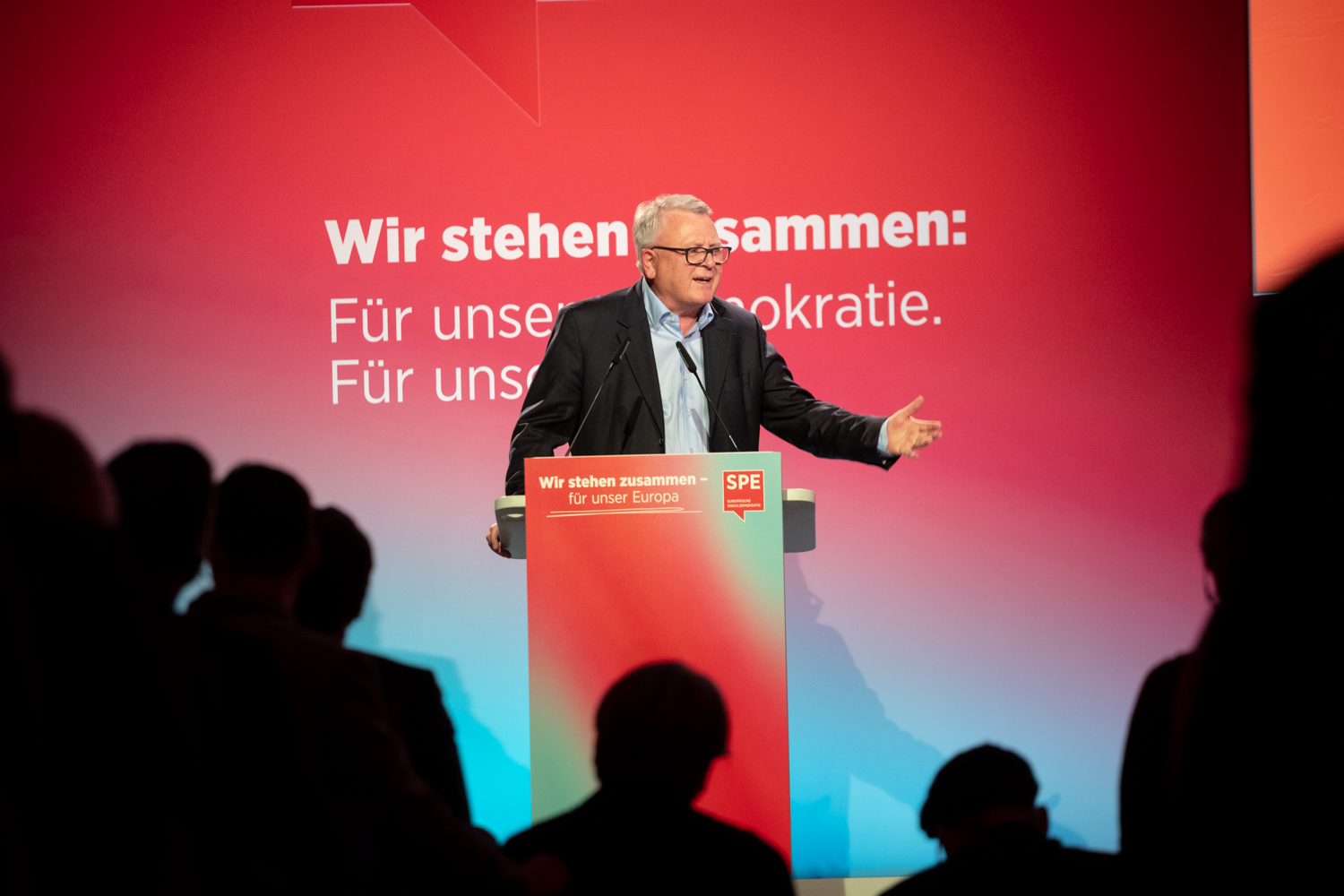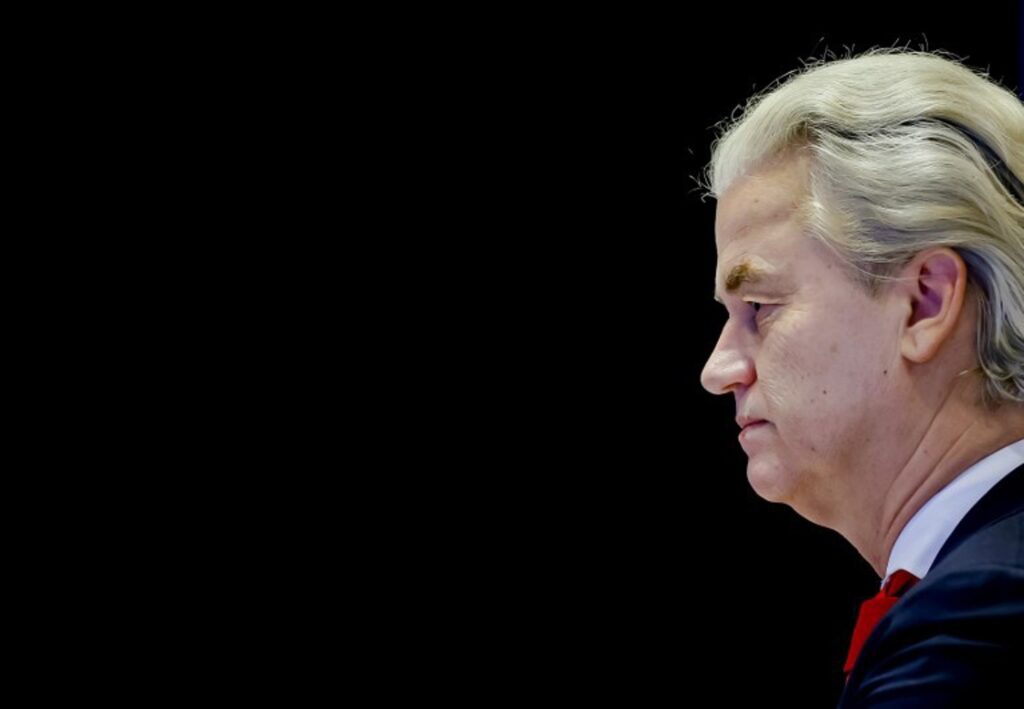EU progressives have condemned liberal and conservative parties for enabling Dutch far-right politician Geert Wilders' rise to power, which they view as representative of a Europe-wide trend.
Six months after his unexpected victory in national elections, Wilders announced on Wednesday that he had managed to cobble together a four-party coalition, in a move that has given the Netherlands its most right-wing government in its history.
Wilders' new government wants to implement the strictest immigration policy the country has had to date. Unusually, Wilders will not take over as Prime Minister and there is currently no indication as to who might take on the role.
The far-right politician was forced to retract some of his most extreme proposals to secure a majority, including three explicitly Islamophobic pieces of legislation: a ban on "expressions of Islam" including the Koran and Islamic schools, the administrative detention of "potential" jihadis and the removal of any dual nationals from the governmental cabinet.
Wilders' success would not have been possible without the backing of the the Renew Europe-affiliated People's Party for Freedom and Democracy (VVD), as well as the EPP-linked New Social Contract (NSC) and the new right-wing party (with no seats in the European Parliament) Farmer-Citizen Movement (BBB).
'Shocking betrayal'
European Parliament groups the Party of European Socialists (PES), the European Greens and The Left have all condemned the Europe-wide trend of centrist and rightwing parties entering into government with the far-right.
"Pro-Europe, pro-Ukraine, pro-Rule of Law. These were supposed to be the red lines for the EPP [European People's Party]," the PES party stated in a press release, lamenting the fact that Wilders' rhetoric undermines all three stances. It went on to explain that Finland, Sweden, the Netherlands, Croatia and Italy are all "places where supposedly 'pro-EU' parties have now struck deals with the far-right to gain power."
PES said it condemns these "very worrying developments" and reiterated its support for Frans Timmermans, leader of the Groenlinks-PVDA, the Dutch green-labour alliance. "They are the alternative to this far-right drift in the Netherlands, just as progressive parties across the EU are the alternative too."
Earlier this month, The Socialists & Democrats group (S&D) made an "unshakeable vow" to refuse any future coalitions with the far-right in the European Parliament. "[Citizens] can count on us to be a reliable and strong voice against right-wing extremism," the group's leading MEP candidate Nicolas Schmidt told a press conference in Berlin on 4 May.

Nicolas Schmit, leading socialist candidate at the European Elections speaking on 4 May 2024 in Berlin. Credit: Party of European Socialists / Flickr
Meanwhile, the European Greens are calling on ALDE and Renew (European groups of which VVD and NSC are respective members) to ensure that there are consequences for this "grave historical decision".
"The far-right can never get into power on its own," said leading candidate Terry Reintke. "For a long time we could rely on the Liberals and Conservatives to keep the far right out of power. Now it looks like cynicism, opportunism and indifference have set in among them."
"In the Netherlands, Macron's friends are joining forces with those of Le Pen to form a government," French MEP Manon Aubry (The Left) posted on social media. The VVD is linked to Le Pen's National Rally, and Mark Rutte's centre-right PVV is the Dutch equivalent to French president Emmanuel Macron's Renaissance.
Later on Thursday, European liberal group Renew's leader Valerie Hayer also joined the chorus against the new Dutch government. "I would like to communicate my total disapproval and deep concern about how discussions to form a government coalition in the Netherlands have evolved," Hayer wrote in a statement on social media.
The agreement breaches another recent declaration, signed with S&D, Greens/EFA and The Left, which called on all democratic European parties to reject cooperation or normalisation of Europe's far-right. The EPP refused to participate, only ruling out a coalition with Identity and Democracy (ID), the far-right group made up of German far-right party AFD, Marine Le Pen’s National Rally and Matteo Salvini’s Lega.
Commission President Ursula Von Der Leyen (EPP) has remained ambiguous about the group's future relationship with the far-right European Conservatives and Reformists (ECR) group, which is predicted to do well in the European ballot on 6-9 June. The European centre-right has edged ever closer to the far-right in recent months in an attempt to appeal to voters who want tighter immigration policies.

